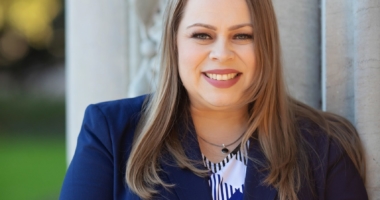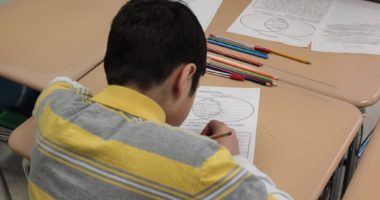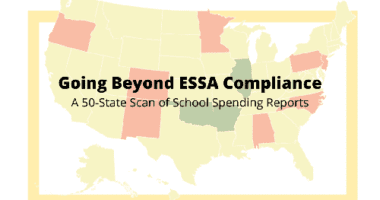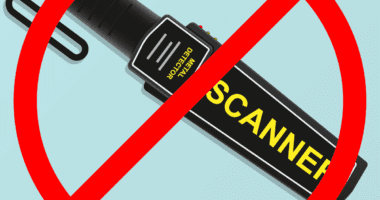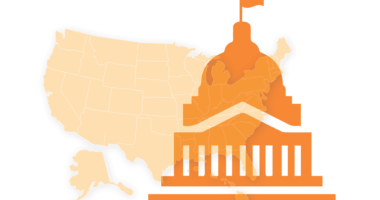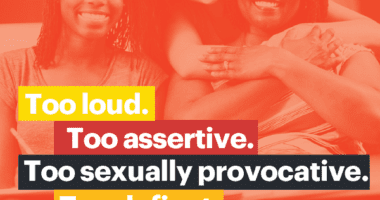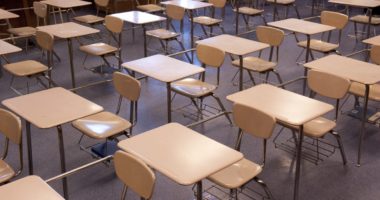Bridging the Gap ‘Between Helplessness and Hope’
Once a year during the National Title I Association conference, thousands of people from schools and districts that receive this federal money converge to talk about the requirements of the law and ideas to improve the education of poor children.
The law in question, of course, is the Elementary and Secondary Education Act, which was first passed in 1965 as part of the War on Poverty. Title I is the provision of the law that funnels about $15 billion from the federal government to schools with higher concentrations of children who live in poverty.
Title I is an ongoing acknowledgement that children who live in poverty need more educational resources than their wealthier peers in order to reach the same standards. When it was signed, it was also an acknowledgement that some states and local governments were not always committed to the education of all their students. Just to put the timing in perspective, ESEA was signed in the same year as the famous march from Selma to Montgomery memorialized in the new movie Selma. The movie vividly reminds us of how ferociously some whites fought to exclude African Americans from participating in civic life — and that civic life included schools. ESEA was the first national attempt to ensure that poor children and children of color, no matter where they lived, would have access to a high-quality education.
While at the Title I conference recently, I attended a session on the history of ESEA; and the speakers cited the words spoken by President Lyndon Johnson as he signed the law, flanked by his first-grade teacher, Kate Deadrich Loney. As Congress debates the latest re-authorization of ESEA, it seems worth repeating his words:
[This law] represents a major new commitment of the federal government, to quality and equality in the schooling that we offer our young people. By passing this bill, we bridge the gap between helplessness and hope for more than 5 million educationally deprived children. We put into the hands of our youth more than 30 million new books, and into many of our schools their first libraries.
We reduce the terrible lag in bringing new teaching techniques into the nation’s classrooms. We strengthen state and local agencies which bear the burden and the challenge of better education, and we rekindle the revolution — the revolution of the spirit against the tyranny of ignorance.
As the son of a tenant farmer, I know that education is the only valid … passport from poverty. … As a former teacher — and I hope a future one — I have great expectations of what this law will mean for all our young people. As president of the United States, I believe deeply no law [I have] signed, or will ever sign, means more to the future of America.

